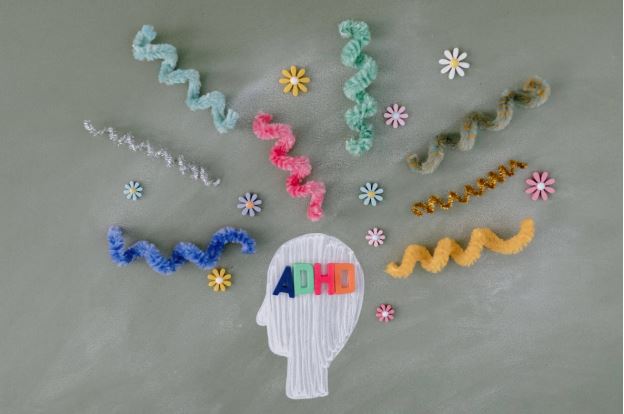
- Insomnia, Psychiatrist in Culver City
- 0 Comments
Life rarely slows down in Culver City—a vibrant, creative hub of culture, film, and community in Los Angeles County. The pace is relentless, the expectations are high, and amidst all the movement, many residents are silently battling an unseen but deeply disruptive condition: sleep disorders. From chronic insomnia to parasomnias and circadian rhythm disruptions, sleep […]
Read More





